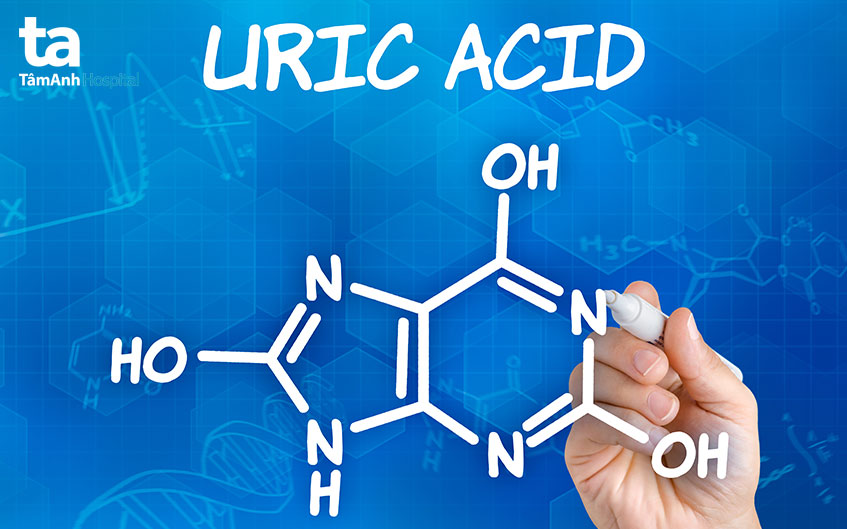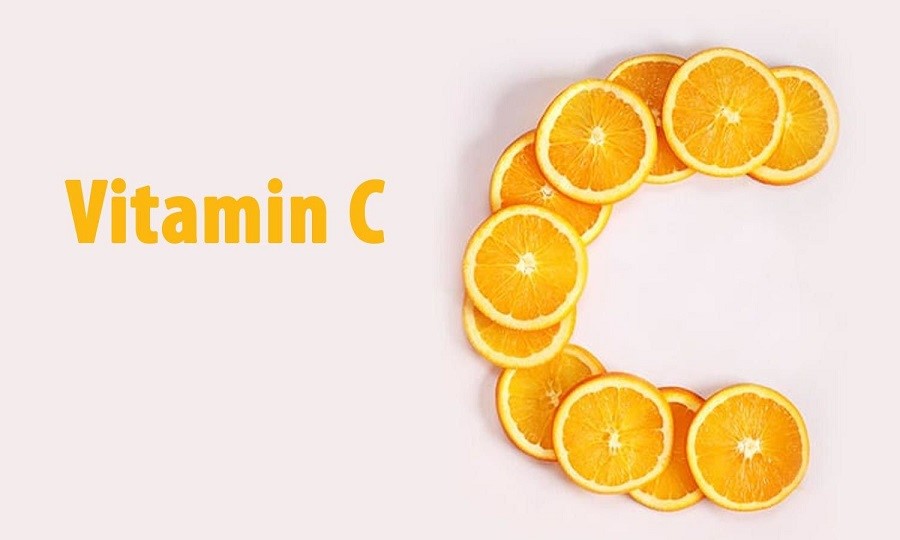Gout, a form of inflammatory arthritis, can cause severe pain and discomfort due to the accumulation of urate crystals in the joints. One effective approach to managing gout is through dietary modifications, including the incorporation of vitamin C-rich foods. Vitamin C has been shown to play a significant role in lowering uric acid levels and reducing the frequency of gout flare-ups. In this article, we will explore five helpful pieces of information about the impact of vitamin C-rich foods in preventing gout and maintaining overall joint health.
1, Vitamin C and Uric Acid.
While vitamin C has various health benefits and is involved in many physiological processes, its direct role in reducing uric acid levels is not well-established. Uric acid is indeed a waste product formed when the body breaks down purines, and high levels can lead to gout flare-ups. However, the relationship between vitamin C and uric acid metabolism is complex and not fully understood.
Some studies have suggested that vitamin C may have a modest effect on reducing uric acid levels. It is believed that vitamin C might increase the excretion of uric acid by the kidneys, leading to lower concentrations in the blood. However, the evidence for this effect is inconsistent, and the overall impact of vitamin C on uric acid levels appears to be relatively small.
It's worth noting that dietary modifications, such as reducing the intake of purine-rich foods (e.g., organ meats, seafood, and certain vegetables like mushrooms and asparagus), can have a more significant impact on managing uric acid levels than relying solely on vitamin C supplementation.
If you have concerns about uric acid levels or gout, it's best to consult with a healthcare professional who can provide personalized advice and recommend appropriate management strategies.
2, Dietary Sources of Vitamin C.
There are numerous fruits and vegetables that are excellent sources of vitamin C. Here are some commonly consumed foods that are known for their high vitamin C content:
Citrus fruits: Oranges, grapefruits, lemons, limes, and tangerines are all rich in vitamin C. They are not only a great source of this vitamin but also provide other beneficial nutrients and antioxidants.
Berries: Strawberries, raspberries, blueberries, and cranberries are all packed with vitamin C. These fruits are not only delicious but also offer additional health benefits due to their antioxidant properties.
Kiwi: Kiwi is a small fruit that is exceptionally high in vitamin C. It also provides dietary fiber, potassium, and other essential nutrients.
Pineapple: Pineapple is a tropical fruit that contains a good amount of vitamin C. It is also a source of bromelain, an enzyme that may have anti-inflammatory properties.
Bell peppers: Both green and red bell peppers are rich in vitamin C. In fact, red bell peppers contain even higher levels of vitamin C compared to some citrus fruits.
Broccoli: Broccoli is a cruciferous vegetable that is known for its high vitamin C content. It is also a great source of other nutrients like fiber, folate, and vitamin K.
Leafy greens: Vegetables like kale, spinach, and Swiss chard are not only rich in iron and other vitamins but also provide a decent amount of vitamin C.
These are just a few examples of foods that are good sources of vitamin C. Including a variety of fruits and vegetables in your diet can help ensure an adequate intake of this important nutrient.
3, Effectiveness of Vitamin C.
While it is true that some studies have suggested a potential link between vitamin C supplementation and reduced uric acid levels, the evidence is not conclusive and the effectiveness of vitamin C in managing gout is still a topic of debate.
Several research studies have explored the relationship between vitamin C and gout. Some observational studies have shown a modest association between higher vitamin C intake and a lower risk of gout. However, other studies, including randomized controlled trials, have not consistently demonstrated a significant impact of vitamin C on uric acid levels or gout symptoms.
It's important to note that individual responses to vitamin C supplementation or increased consumption of vitamin C-rich foods can vary. Factors such as baseline uric acid levels, overall dietary habits, and genetic factors can influence the effectiveness of vitamin C in managing gout.
While including vitamin C-rich foods in your diet is generally beneficial for overall health, it is advisable to consult with a healthcare professional for personalized advice if you have gout or are considering vitamin C supplementation specifically for gout management. They can assess your specific situation, take into account other factors, and provide appropriate recommendations for managing gout and reducing uric acid levels.
4, Recommended Intake.
The recommended daily intake of vitamin C for adults is indeed around 75 to 90 milligrams for women and 90 to 120 milligrams for men, according to the Dietary Reference Intakes (DRIs) established by the Institute of Medicine.
When it comes to targeting gout prevention or managing uric acid levels, higher doses of vitamin C have been explored in some studies. The range you mentioned, 500 to 1,000 milligrams per day, has been suggested in certain research as a potential dosage to lower uric acid levels. However, it's important to note that the evidence supporting these higher doses of vitamin C for gout management is not yet definitive, and more research is needed to establish optimal dosages.
Increasing your vitamin C intake should be done under the guidance of a healthcare professional, particularly if you are considering higher doses for gout management. They can assess your specific situation, take into account your overall health and any medications you may be taking, and provide appropriate recommendations regarding vitamin C supplementation.
It's worth mentioning that consuming vitamin C-rich foods as part of a balanced diet is generally recommended, as they provide a range of beneficial nutrients and antioxidants in addition to vitamin C.
5, Other Benefits of Vitamin C.
Vitamin C indeed provides numerous health benefits beyond its potential role in gout prevention. Here are some additional advantages of vitamin C:
Antioxidant activity: Vitamin C acts as a potent antioxidant, helping to protect cells from damage caused by harmful free radicals. This antioxidant activity may contribute to reducing the risk of chronic diseases, such as heart disease and certain cancers.
Immune system support: Vitamin C plays a crucial role in supporting the immune system. It helps stimulate the production and function of immune cells, enhances the body's natural defense mechanisms, and may reduce the duration and severity of common infections like the common cold.
Collagen synthesis: Vitamin C is essential for the synthesis of collagen, a protein that provides structure and strength to various tissues in the body, including the skin, bones, and blood vessels. Adequate vitamin C intake promotes healthy skin, wound healing, and overall tissue repair.
Iron absorption: Vitamin C enhances the absorption of non-heme iron from plant-based sources. Consuming vitamin C-rich foods alongside iron-rich plant foods can help maximize iron absorption, especially for individuals following a vegetarian or vegan diet.
Anticancer potential: Although more research is needed, some studies have suggested that vitamin C may have potential anticancer properties. It may help inhibit the growth of cancer cells and enhance the effectiveness of certain chemotherapy drugs.
Incorporating vitamin C-rich foods into your diet is a great way to enjoy these additional benefits while potentially reducing the risk of gout. Remember that a balanced and varied diet, including a wide range of fruits and vegetables, can provide a wealth of essential nutrients, including vitamin C, for optimal health.
Incorporating vitamin C-rich foods into your diet can have a positive impact on your gout management and joint health. By consuming citrus fruits, berries, bell peppers, and leafy greens, you can increase your vitamin C intake and potentially lower uric acid levels in your body. However, it's important to remember that individual responses may vary, and it's advisable to consult with a healthcare professional before making significant changes to your diet or supplementation routine. By combining vitamin C-rich foods with other gout management strategies, you can work towards preventing gout flare-ups and promoting overall well-being. Take control of your gout management by harnessing the power of vitamin C and its numerous health benefits.




Comments
Post a Comment